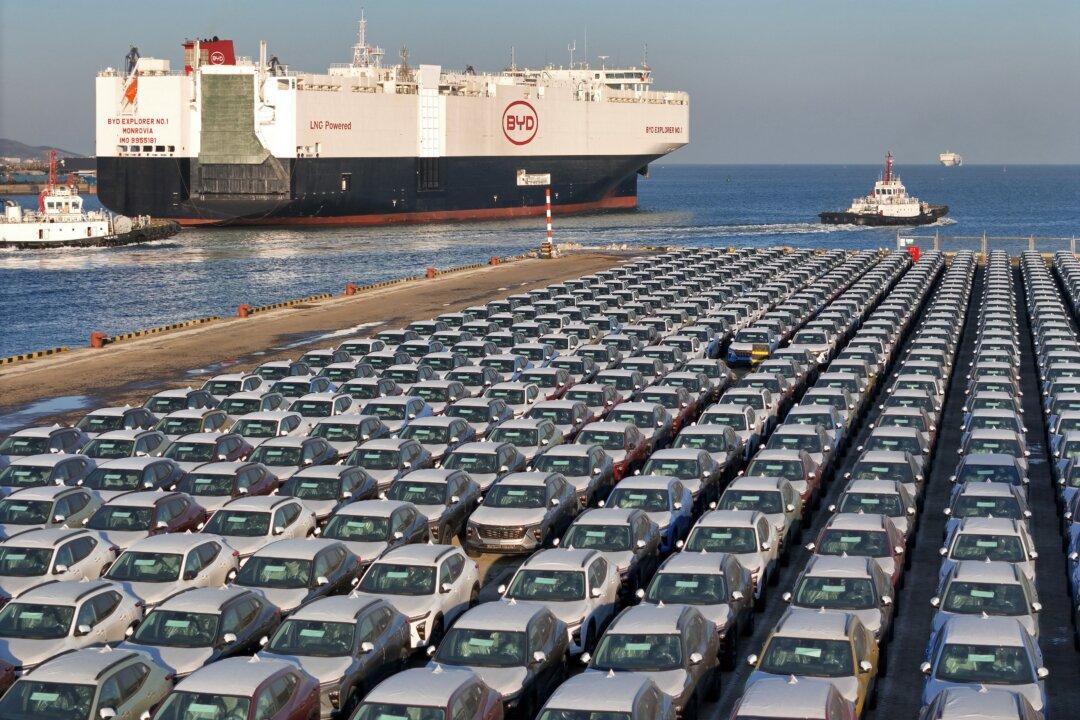Commentary
Normally, I am not an economic protectionist, but as America continues to grapple with attacks from multiple sides, safeguarding our industries should be a primary concern.

Normally, I am not an economic protectionist, but as America continues to grapple with attacks from multiple sides, safeguarding our industries should be a primary concern.